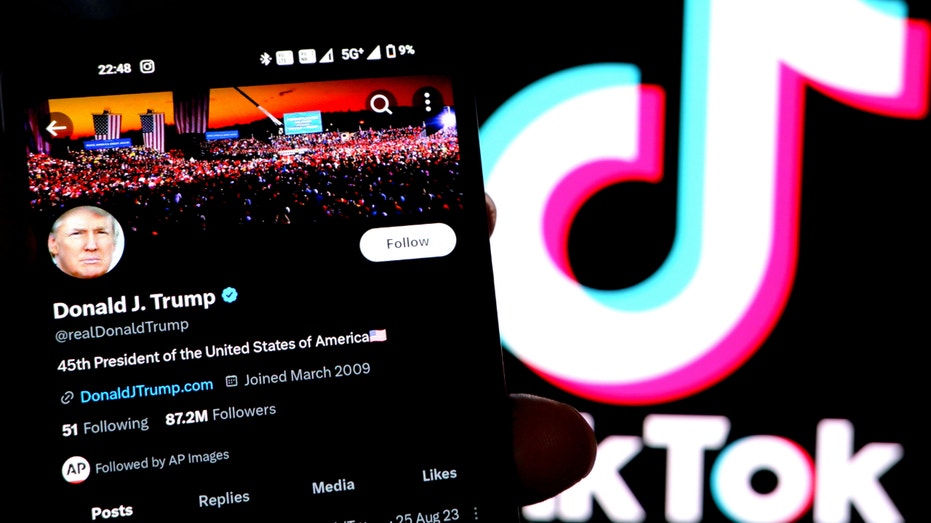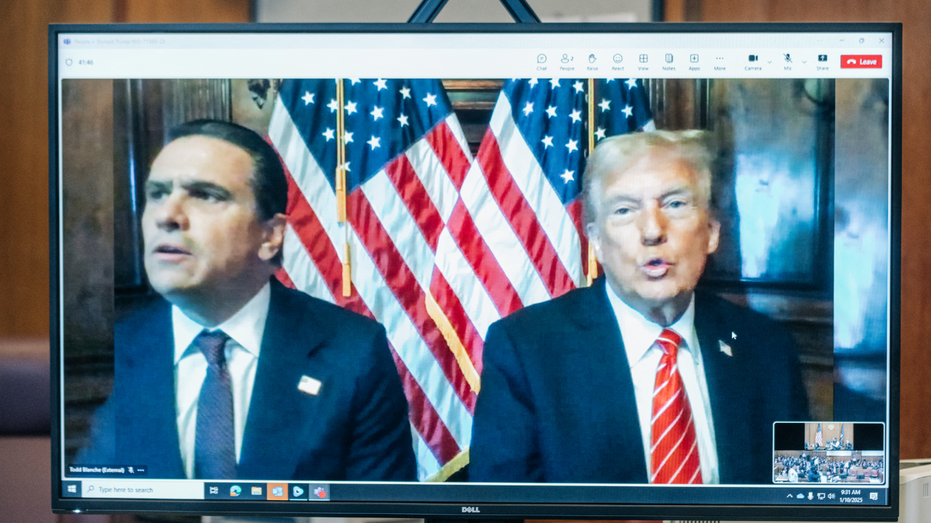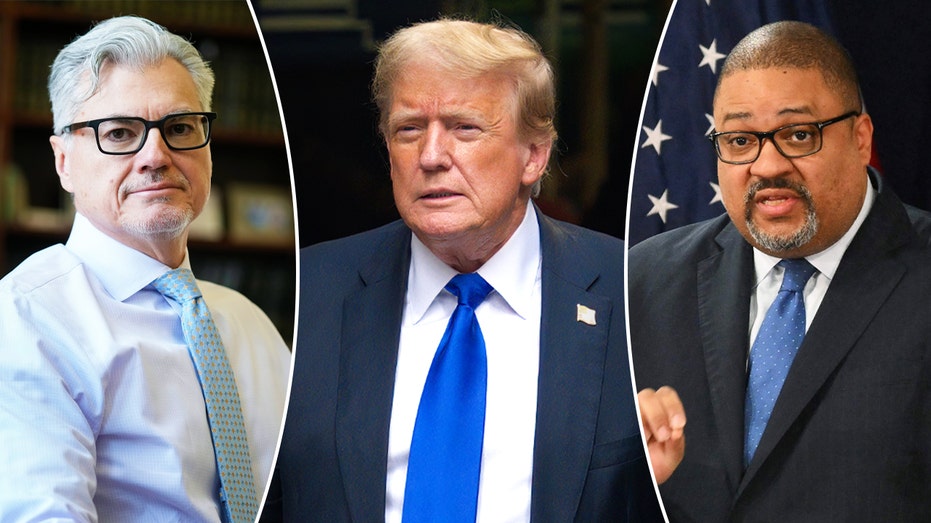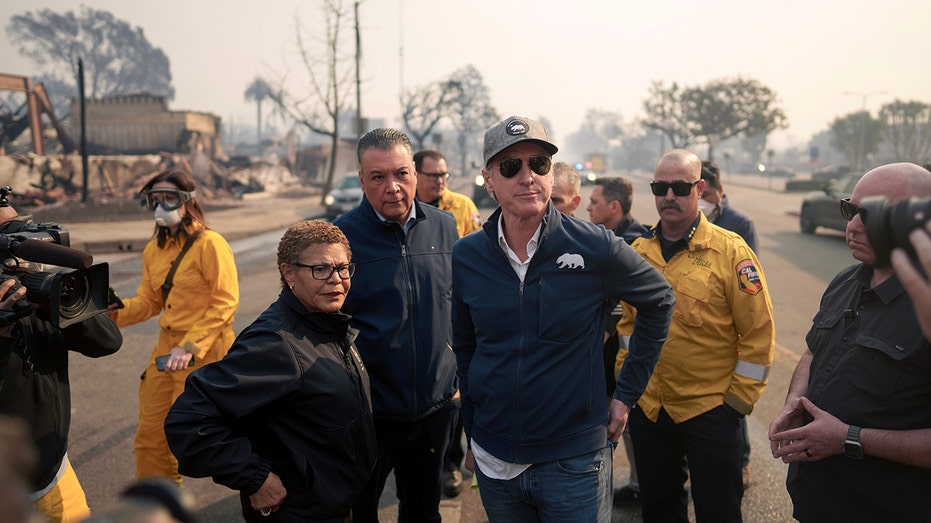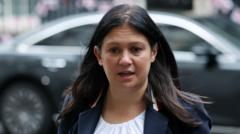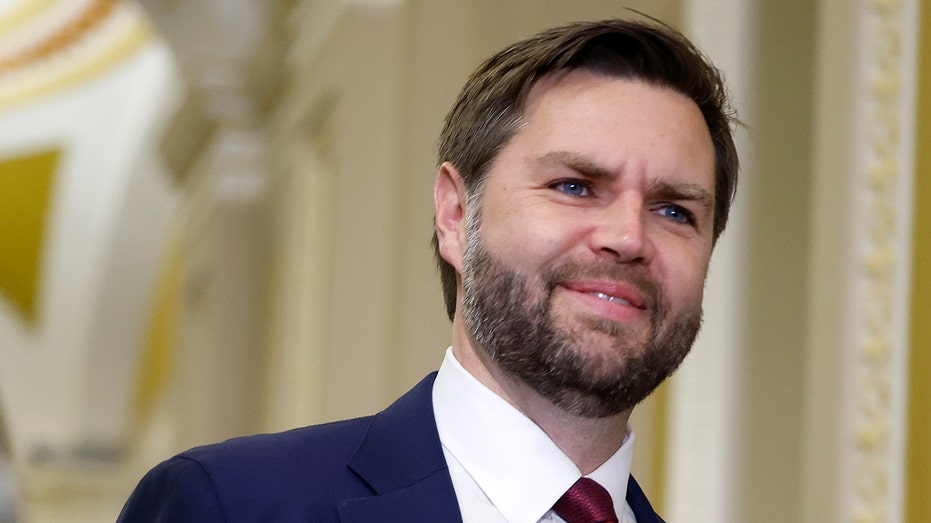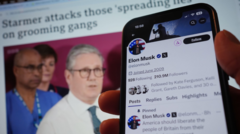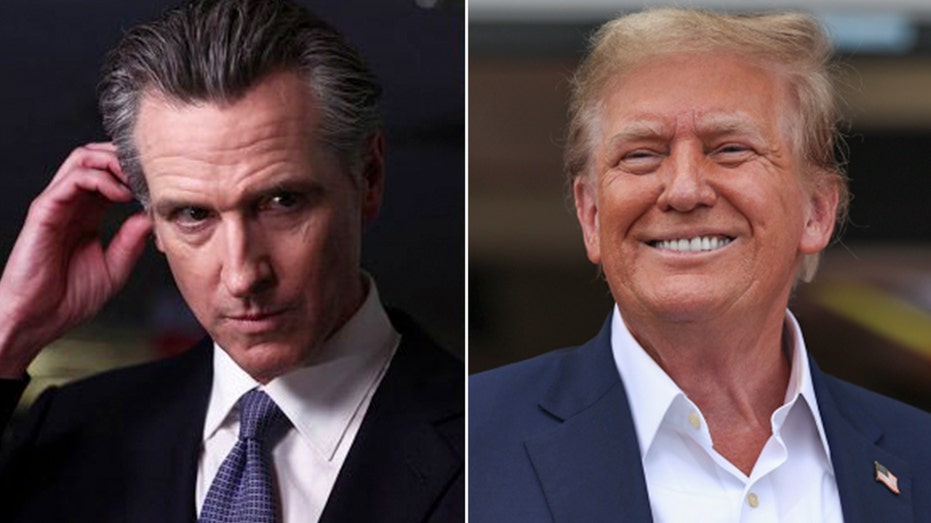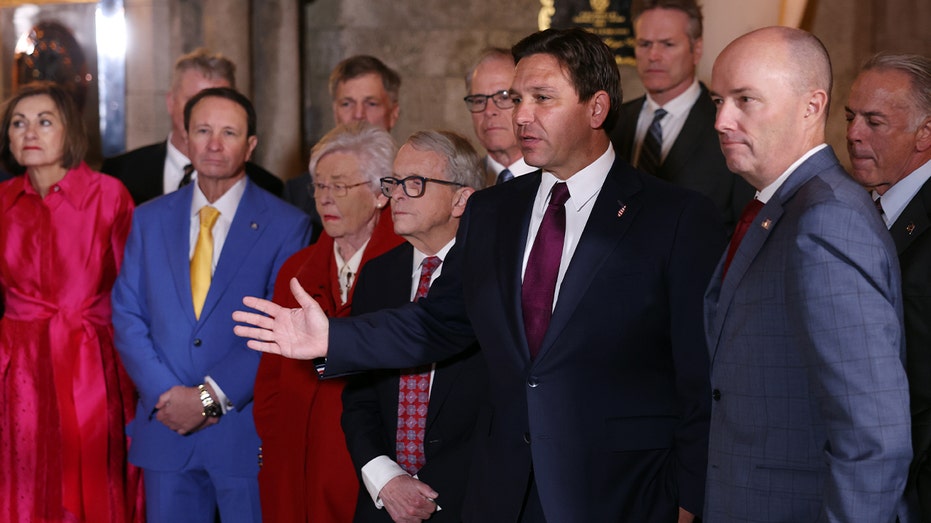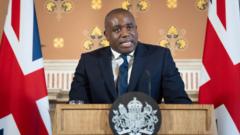Justices appear skeptical of TikTok's arguments as SCOTUS weighs constitutionality of ban
The Supreme Court is hearing oral arguments Friday morning over whether the social media platform TikTok should be required to divest from its Chinese-owned parent company or be banned in the U.S., in a highly watched case that pits concerns over national security against free speech protections. Justices both conservative and liberal appear skeptical of the social media app's arguments.
Noel Francisco, TikTok’s lawyer, is framing his case primarily as a restriction on free speech protections under the First Amendment, which the company argues applies to TikTok’s U.S.-based incorporation.
First Amendment protections must be considered under a standard called strict scrutiny, which requires the government to meet a higher burden of proof in passing a law. More specifically, the law must be crafted to serve a compelling government interest and be narrowly tailored to achieve that interest. It's a difficult legal test to satisfy and prove in court.
But as Justice Sonia Sotomayor noted Friday, however, the case before them appears to be the first one to be heard by the court centered directly on the ownership of a platform or app, rather than speech.
The liberal justice also questioned whether the court might consider the divestiture requirement under the law as a data control case, not properly a free-speech issue, as TikTok's legal team has sought to frame it. Weighing the case as a data control case would trigger a lower level of scrutiny— a point that Francisco also acknowledged.
Importantly, though, that is the test applied that the U.S. Court of Appeals for the District of Columbia Circuit applied in December. The court still voted to uphold the law in question, prompting TikTok to file their Supreme Court appeal.
The Justices could theoretically consider the case under strict scrutiny, then, and still opt to uphold the law— and the looming Jan. 19 ban.
Noel Francisco, TikTok’s lawyer, told justices in oral arguments Friday that the U.S. government has "no valid interest in preventing foreign propaganda," and that he believes the platform and its owners should be entitled to the highest level of free speech protections under the U.S. Constitution.
Francisco told Chief Justice John Roberts that he believes the court should grant TikTok First Amendment protections because it is operating as a U.S.-incorporated subsidiary.
The TikTok attorney was also grilled over the Chinese government’s control over the app, and ByteDance’s control over the algorithm that shows certain content to users.
Asked by Justice Neil Gorsuch whether some parts of the recommendation engine are under Chinese control, Francisco said no.
"What it means is that there are lots of parts of the source code that are embodied in intellectual property, that are owned by the Chinese government" and which a sale or divestiture would restrict, he said. "It doesn't alter the fact that this is, being operated in the United States by TikTok incorporated."
Unless justices intervene, or TikTok’s owners agree to sell, the app will be barred from operating in the U.S. by Jan. 19.
Oral arguments center on the level of First Amendment protections that should be granted to TikTok and its foreign owner, ByteDance.
This is not the first time the Supreme Court has grappled with whether or not full First Amendment protections should be extended to foreign speakers. In previous cases, they have ruled that speech by a foreign government or individuals is not entitled to the full protections.
The Biden administration, for its part, will argue that the law focuses solely on the company’s control of the app, which attorneys for the administration argue could pose "grave national security threats" to Americans rather than its content.
Lawyers for the administration will also argue that Congress did not impose any restrictions on speech, much less any restrictions based on viewpoint or on content, and therefore fails to satisfy the test of free speech violations under the First Amendment.
The court’s decision could have major ramifications for the roughly 170 million Americans who use the app.
Justices agreed in December to hold the expedited hearing and will have just nine days to issue a ruling before the ban takes place on Jan. 19.
Oral arguments began shortly after 10 a.m. Stay here for live updates as the oral arguments unfold.
